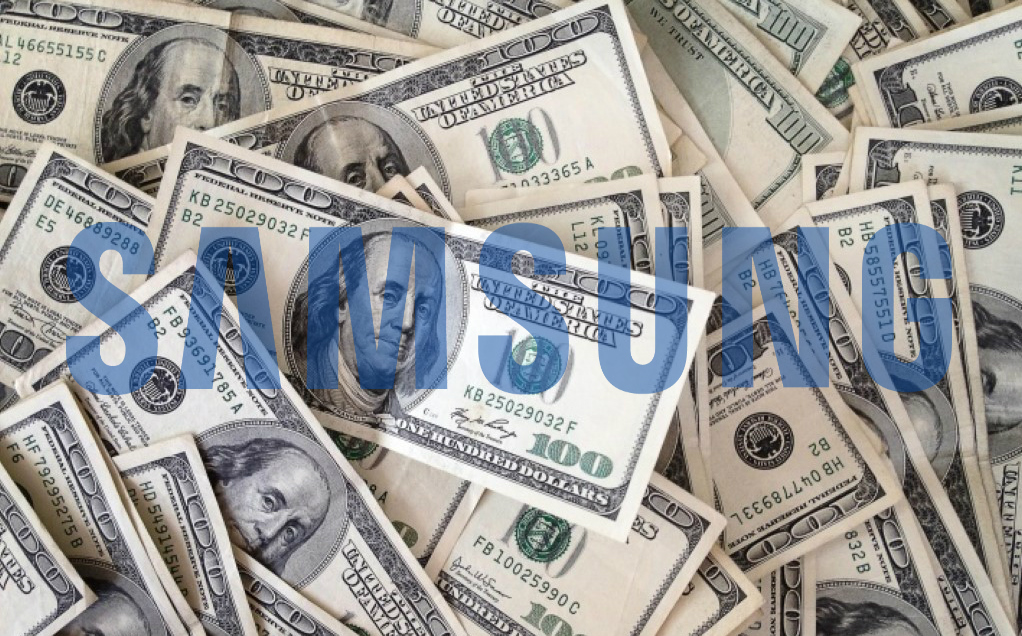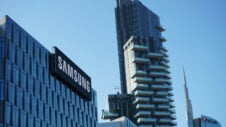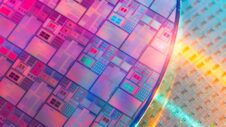Taiwan-based TSMC has proven to be a tough competitor for Samsung's chip business. Even as the latter pushes for improved performance and yields on its advanced nodes, TSMC continues to beat Samsung.
As the Korean conglomerate faces the possibility of a significant earnings slump this past quarter, it may end up losing its status as the world's largest chipmaker by sales to the Taiwan Semiconductor Manufacturing Company.
Memory chip demand slump has sit Samsung's earnings
It was back in 2017 when Samsung broke Intel's 24-year-old record to become the world's largest chipmaker in terms of sales. Samsung's advanced DRAM and flash storage technologies coupled with the high demand for these products made that possible. While Intel was able to overtake Samsung in 2019, the Korean giant made a comeback in 2021 to claim the crown once again.
However, with the bulk of its sales being driven by memory products, Samsung now faces a difficult time in retaining this crown. The company's DRAM sales have dropped for the second quarter straight and the tough market conditions aren't expected to improve in the near future. Samsung has already said that it expects its Q3 2022 profit to decline by 31.7%. It would be the first drop in three years.
TSMC has continued to score major wins against Samsung. Yield issues at Samsung reportedly forced Qualcomm to give all orders for its 3nm processors to TSMC instead. Apple has also reportedly picked TSMC over Samsung to manufacture its 3nm M3 and A17 Bionic chips.
Last week, TSMC reported its Q3 2022 earnings of $19.4 billion, beating market estimates. Analysts estimate that Samsung's chip division won't be able to match these figures as it's expected to bring in $17.8 billion for the quarter. If these estimates prove to be accurate, this would be the first time that TSMC beats Samsung in chip sales.
The slowdown in demand for memory products has hit Samsung's chip sales. TSMC has remained largely insulated from it since it only does contract manufacturing on behalf of companies like Qualcomm, Apple, NVIDIA, and many others. With prices of memory products expected to decline further, things may get worse for Samsung before they get better.




